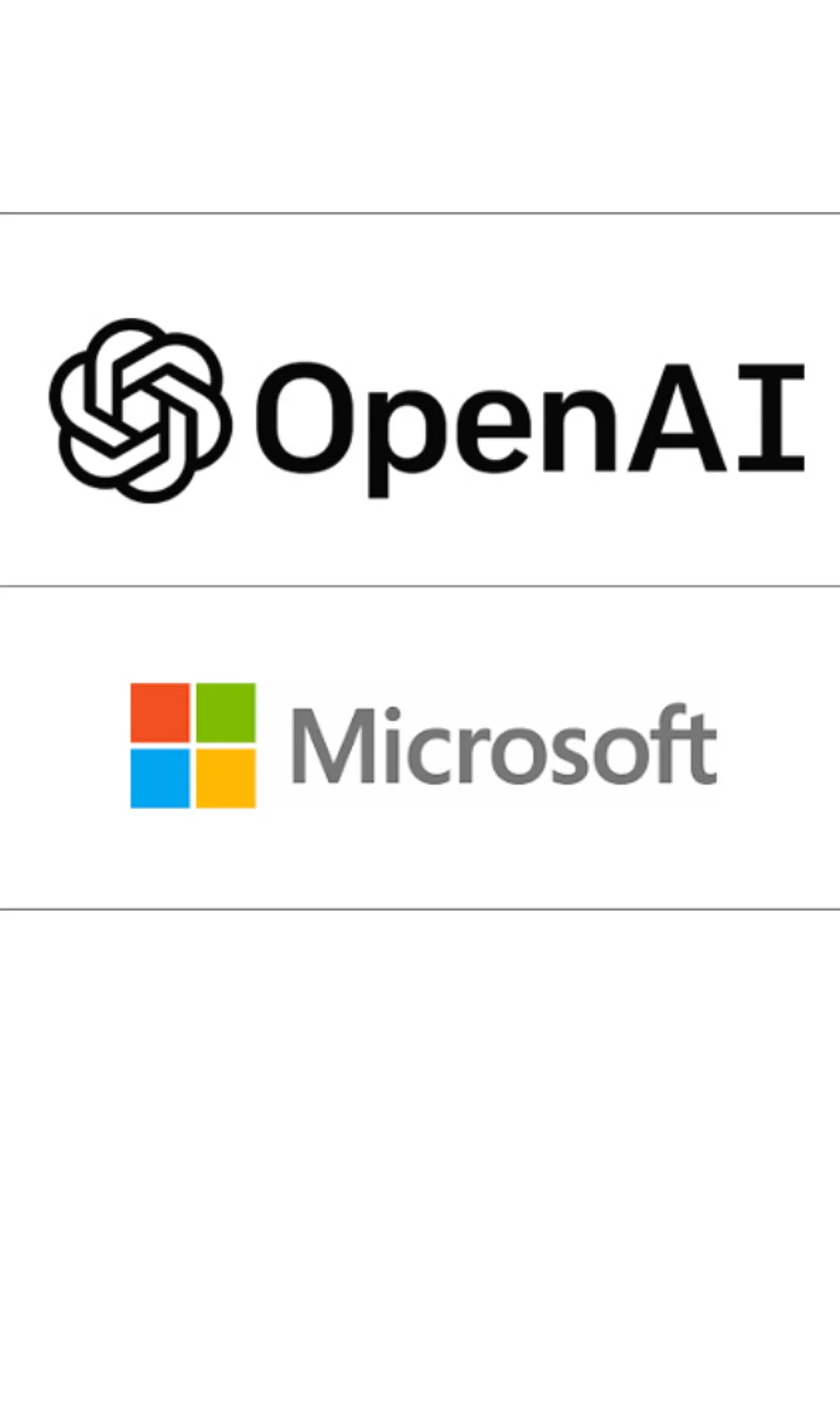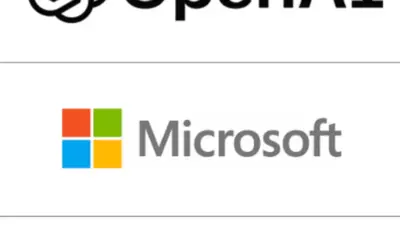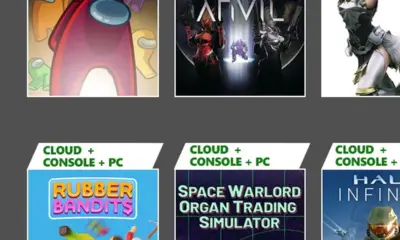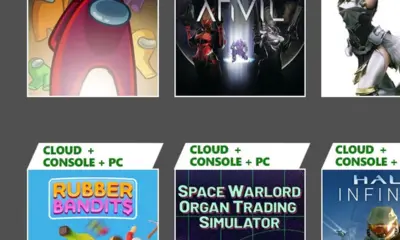Technology
OpenAI Launches GPT-OSS on Azure, Expanding Developer Options

OpenAI has officially launched its GPT-OSS models, now available on Microsoft Azure, offering developers a new level of flexibility in artificial intelligence applications. This development allows users to run the models locally using Windows AI Foundry or deploy them in the cloud through Azure AI Foundry, marking a significant advancement in hybrid AI capabilities.
The introduction of GPT-OSS models is designed to meet diverse developer needs. With the option to operate these models locally or in the cloud, developers can tailor their AI solutions to fit specific project requirements. This flexibility is particularly valuable for organizations handling sensitive data that may require local processing to comply with privacy regulations.
Enhanced Flexibility and Integration
By integrating with Microsoft’s robust cloud infrastructure, OpenAI’s GPT-OSS enhances the potential for seamless collaboration among developers. The Azure AI Foundry environment supports a variety of programming languages and frameworks, enabling developers to build and deploy applications more efficiently. This integration helps streamline workflows, allowing for faster development cycles and improved project outcomes.
According to Microsoft, the hybrid model not only provides flexibility but also optimizes resource allocation. Developers can choose where to execute their AI models based on performance needs and cost considerations, which is essential for managing operational budgets. This approach caters to both startups and large enterprises, making sophisticated AI tools accessible across different scales of operations.
Implications for the AI Landscape
The launch of GPT-OSS on Azure could reshape the competitive landscape in the AI sector. By offering enhanced capabilities and flexible deployment options, OpenAI positions itself as a key player in the market. Other tech giants may need to adapt their strategies to keep pace with these advancements, particularly in the realm of hybrid AI solutions.
Furthermore, OpenAI’s initiative underscores a growing trend towards democratizing AI technology. By making powerful models like GPT-OSS available to a wider audience, the company aims to empower developers across various industries to innovate without heavy investment in infrastructure. This accessibility is critical for fostering creativity and rapid development in AI applications.
In summary, the collaboration between OpenAI and Microsoft through the introduction of GPT-OSS on Azure signifies a pivotal moment for developers. By providing options for local and cloud-based deployments, this initiative not only enhances flexibility but also encourages broader adoption of advanced AI technologies. As developers harness these capabilities, the potential for transformative applications across sectors becomes increasingly attainable.
-

 Lifestyle3 weeks ago
Lifestyle3 weeks agoBelton Family Reunites After Daughter Survives Hill Country Floods
-

 Technology3 weeks ago
Technology3 weeks agoDiscover the Top 10 Calorie Counting Apps of 2025
-

 Education3 weeks ago
Education3 weeks agoWinter Park School’s Grade Drops to C, Parents Express Concerns
-

 Technology1 week ago
Technology1 week agoHarmonic Launches AI Chatbot App to Transform Mathematical Reasoning
-

 Technology3 weeks ago
Technology3 weeks agoMeta Initiates $60B AI Data Center Expansion, Starting in Ohio
-

 Technology3 weeks ago
Technology3 weeks agoByteDance Ventures into Mixed Reality with New Headset Development
-

 Lifestyle3 weeks ago
Lifestyle3 weeks agoNew Restaurants Transform Minneapolis Dining Scene with Music and Flavor
-

 Technology2 weeks ago
Technology2 weeks agoMathieu van der Poel Withdraws from Tour de France Due to Pneumonia
-

 Technology3 weeks ago
Technology3 weeks agoRecovering a Suspended TikTok Account: A Step-by-Step Guide
-

 Technology3 weeks ago
Technology3 weeks agoGlobal Market for Air Quality Technologies to Hit $419 Billion by 2033
-

 Health3 weeks ago
Health3 weeks agoSudden Vision Loss: Warning Signs of Stroke and Dietary Solutions
-

 Technology3 weeks ago
Technology3 weeks agoTrump Faces Internal Struggles Over Epstein Files Handling



















